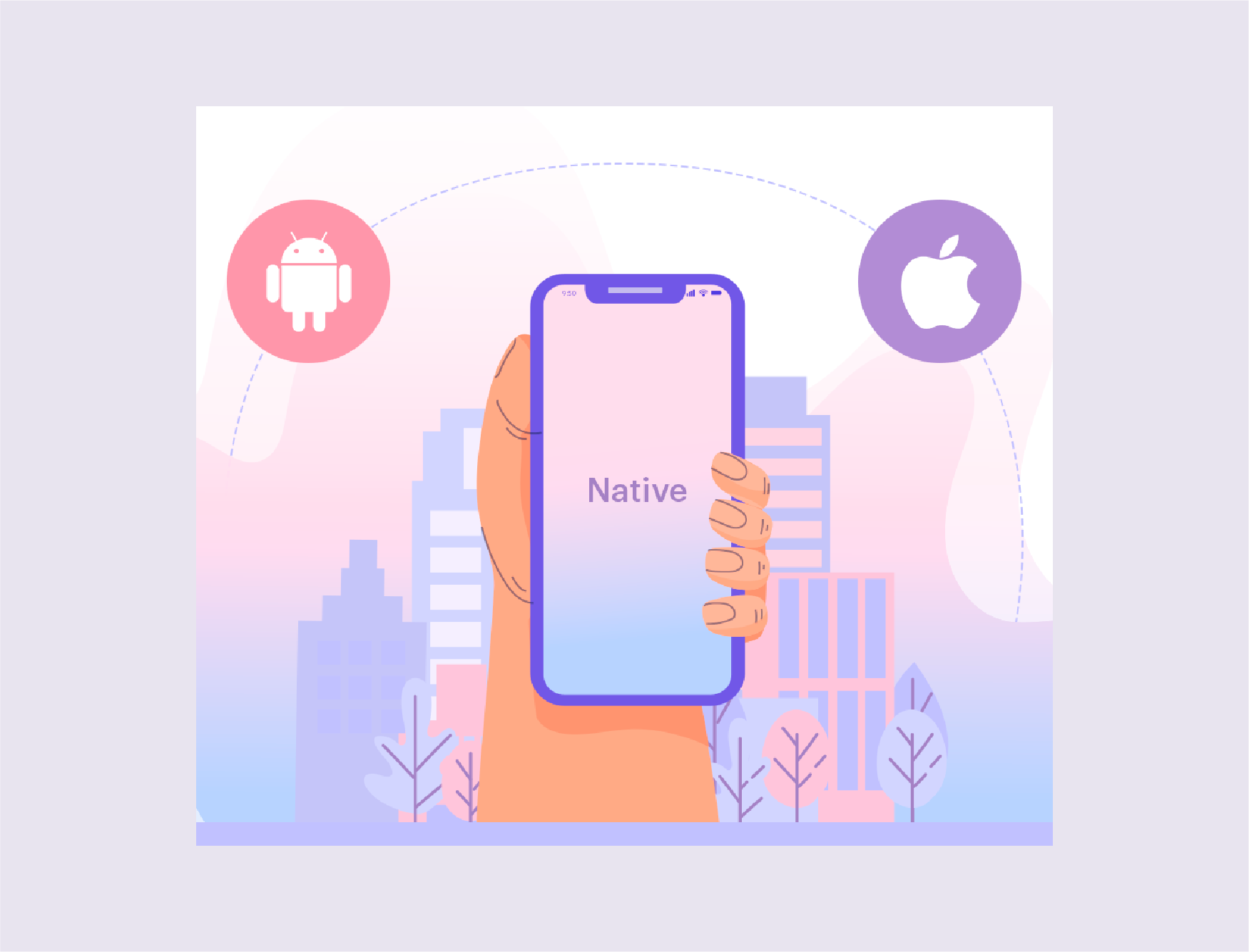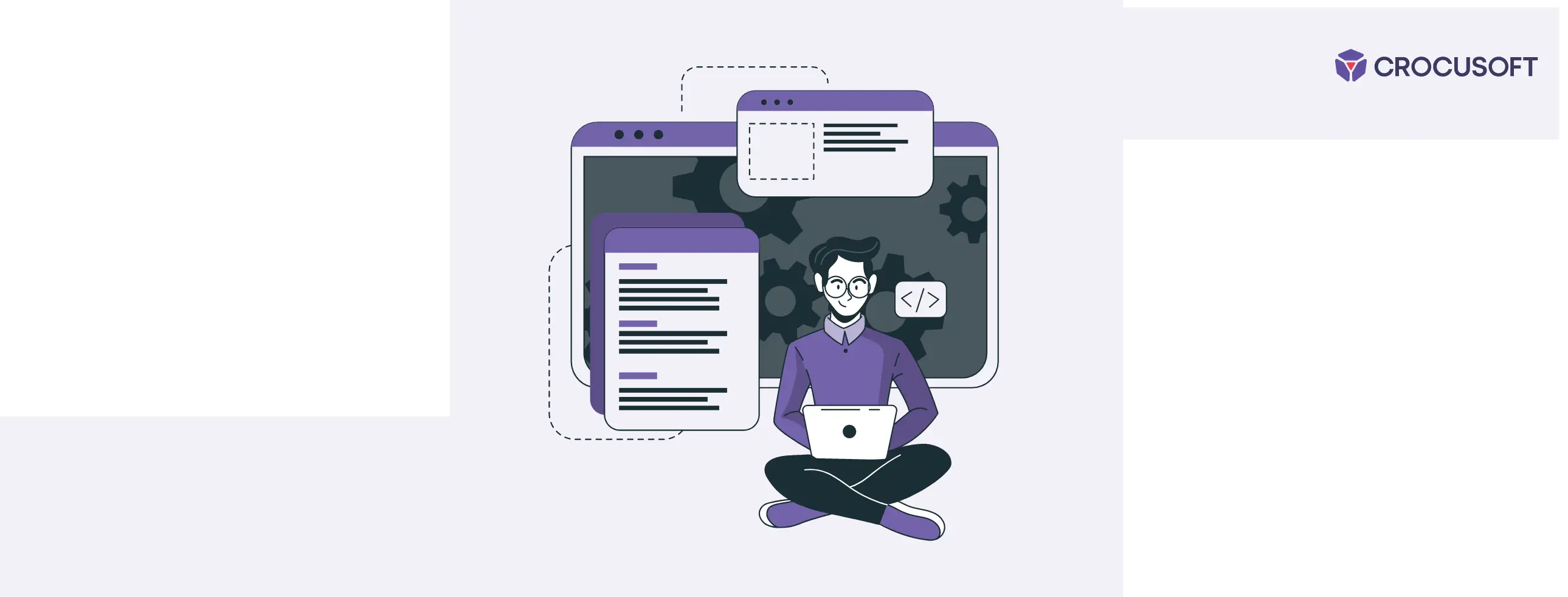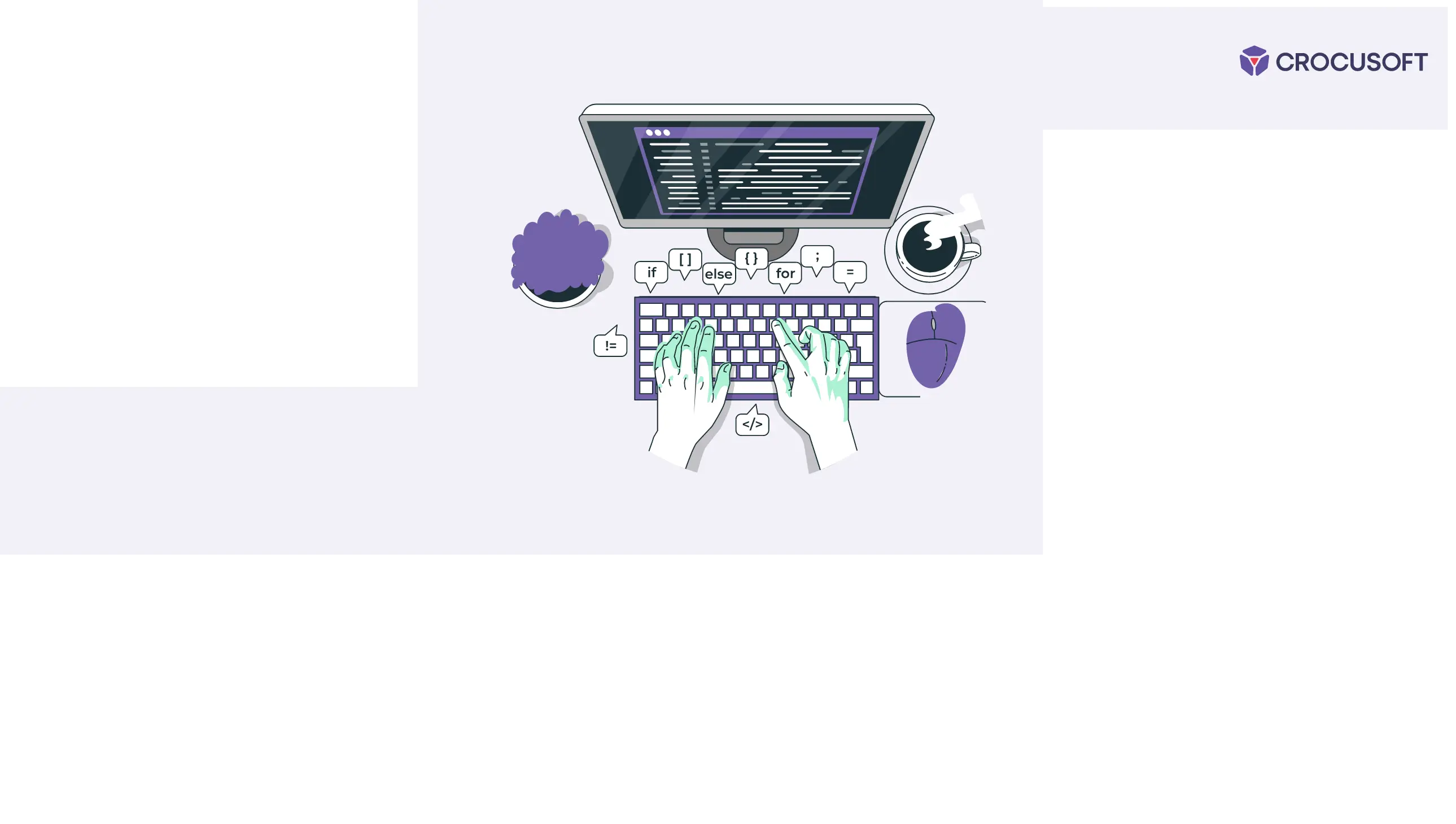Native development refers to building mobile apps for a specific platform, such as iOS or Android, using the platform's native programming languages and tools, like Swift and Objective-C for iOS or Java/Kotlin for Android. This approach utilizes platform-specific programming languages and development tools, ensuring that the app is optimized for the target operating system. Let's explore the advantages and challenges of native development.
Pros of Native Development:
- Performance: Native apps are optimized for the target platform, offering faster performance and smoother user experiences compared to cross-platform apps that often involve an additional layer of abstraction.
- Native Features: Native development allows seamless integration with the platform's features and capabilities, resulting in a more user-friendly app that feels natural and intuitive to users.
- User Experience: Since native apps are tailor-made for each platform, they can take full advantage of platform-specific design guidelines and UI components, leading to a more polished and consistent user experience.
- Better Access to Device Hardware: Native apps have direct access to device hardware features like camera, GPS, and sensors, enabling developers to create more advanced and feature-rich applications.
Cons of Native Development:
- Development Time and Cost: Building separate apps for different platforms requires more time, effort, and resources, increasing development costs.
- Maintenance Overhead: Maintaining multiple codebases for each platform can be complex and time-consuming, especially when implementing updates and bug fixes.
 +994512060920
+994512060920





